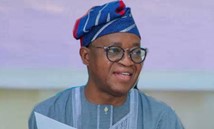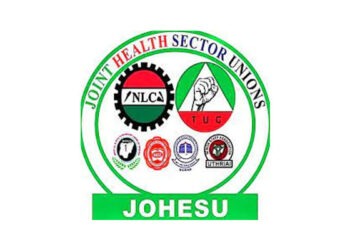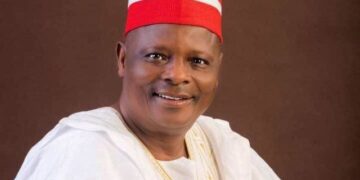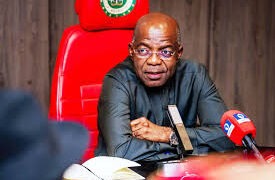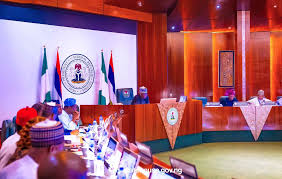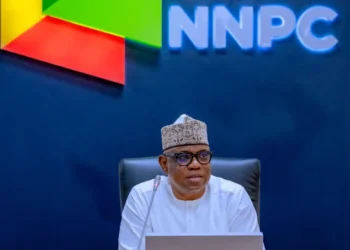The Nigerian Minister for Marine and Blue Economy, Adegboyega Oyetola, is actively pursuing Nigeria’s re-election into the prestigious Category C seat of the International Maritime Organization (IMO). In a significant step towards achieving this goal, Oyetola met with Liberia’s Minister of Transport, Sirleaf Ralph Tyler, at the ongoing 133rd Session of the IMO Council in London. This meeting aimed to solicit the support of other maritime nations for Nigeria’s bid to secure a position on the IMO Council, an essential platform for influencing global maritime policies.
The Nigerian Ports Authority (NPA) posted an update on X (formerly Twitter), highlighting the importance of this meeting. It emphasized Oyetola’s dedication to ensuring Nigeria regains its place in IMO’s Category C, which comprises 20 countries with significant interests in maritime transport or navigation. The election of these countries ensures that all major geographic areas of the world are represented in the IMO Council, thus promoting a balanced and inclusive maritime governance structure.
As Oyetola presses forward with this mission, his efforts are aligned with the directives of President Bola Tinubu’s administration to enhance Nigeria’s maritime sector. The President has been a strong advocate for converting the nation’s maritime potential into concrete economic outcomes. In the last week, President Tinubu made a significant move by signing the instruments of accession for six conventions of the IMO, a decision that demonstrates Nigeria’s commitment to embracing best practices in maritime governance. These conventions are key to ensuring that Nigeria’s maritime infrastructure benefits from technical, human capital, and institutional support, which is crucial for the country’s re-election into the IMO Council.
The IMO Council plays a critical role in shaping global maritime policies and regulations. Category C members, which include countries like Nigeria, are instrumental in ensuring that the interests of developing nations are represented in international maritime discussions. Nigeria’s position in this category is essential for the country to continue playing a leadership role in global maritime affairs. If Nigeria is successful in regaining its seat, it will regain the prestige and influence it held in the IMO from 1975, 2001, and 2005, when the country contributed significantly to shaping maritime policies at the global level.
Oyetola’s meeting with Minister Ralph Tyler is part of a broader diplomatic push aimed at rallying support from maritime nations. Liberia, like Nigeria, is a key player in African maritime affairs, and the collaboration between the two countries on this issue underscores the importance of unity among African nations in the maritime sector. During their discussions, Oyetola highlighted the strategic importance of Nigeria’s maritime sector to the economic development of the African continent. By securing a seat in Category C, Nigeria would be better positioned to influence decisions that affect Africa’s maritime future.
Furthermore, Oyetola’s move to set up an Inter-Ministerial Committee for the successful implementation of Nigeria’s bid is a testament to the seriousness of the government’s commitment. The committee, which include stakeholders from various sectors of the economy, is tasked with ensuring that Nigeria’s maritime sector is properly positioned to gain the maximum benefits from IMO membership. This approach not only strengthens the country’s chances of re-election but also ensures that the benefits of Nigeria’s participation in the IMO are fully realized.
In a rapidly evolving global maritime landscape, Oyetola’s strategic engagements reflect Nigeria’s determination to become a dominant player in the sector. The country’s vast coastline, its significant shipping industry, and its growing influence in regional and international trade make it a natural leader in global maritime affairs. Securing a seat in IMO Category C will bolster Nigeria’s ability to influence critical decisions related to maritime safety, security, environmental protection, and trade, further advancing the country’s economic prosperity.


